Home>Garden Essentials>How Fast Do Tea Plants Germinate
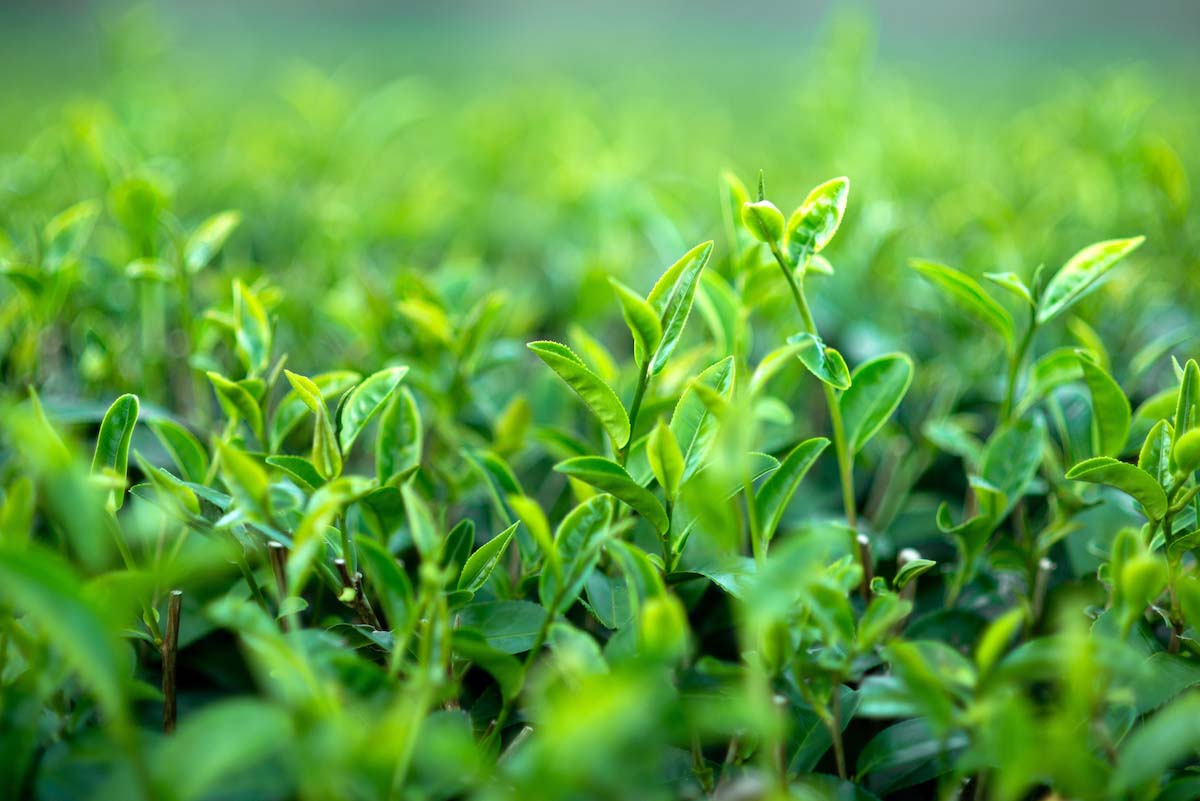

Garden Essentials
How Fast Do Tea Plants Germinate
Modified: March 15, 2024
Learn how fast tea plants germinate in your garden and discover tips for successful germination. Start growing your own tea today!
(Many of the links in this article redirect to a specific reviewed product. Your purchase of these products through affiliate links helps to generate commission for Storables.com, at no extra cost. Learn more)
Introduction
Tea is one of the most beloved and widely consumed beverages in the world. Derived from the leaves of the Camellia sinensis plant, tea offers a plethora of flavors, aromas, and health benefits. Whether you’re interested in growing your own tea or simply curious about the germination process, understanding how tea plants germinate is crucial.
Germination refers to the process of a seed sprouting and developing into a seedling. For tea plants, germination sets the foundation for their growth and eventual production of tea leaves. The germination process involves a combination of factors, including environmental conditions, seed quality, and proper cultivation techniques.
In this article, we will delve into the factors that affect tea plant germination, explore the ideal conditions for successful germination, discuss the germination rates of different tea varieties, and provide insights into germination techniques. By the end of this article, you’ll have a comprehensive understanding of how tea plants germinate and how you can optimize this process.
So, without further ado, let’s dive into the fascinating world of tea plant germination and unravel the secrets behind successfully growing your own tea.
Key Takeaways:
- Tea plants need consistent moisture, optimal temperature, and proper air circulation for successful germination. Patience and attention to detail are crucial during the slow germination process.
- Employing techniques like seed stratification, scarification, and pre-soaking can enhance tea plant germination rates. Healthy, well-established seedlings are essential for a thriving tea garden.
Read more: How Do Plants Germinate
Factors Affecting Tea Plant Germination
Several factors play a crucial role in the germination of tea plants. Understanding these factors will help you create the optimal conditions for successful germination and ensure a healthy start for your tea plants.
1. Soil Moisture: Adequate moisture in the soil is essential for seed germination. Tea plants prefer well-drained soil that is consistently moist but not waterlogged. Excessive moisture can lead to rotting of the seeds, while insufficient moisture may hinder germination.
2. Temperature: Tea plants have specific temperature requirements for germination. Generally, a temperature range of 65-75°F (18-24°C) is ideal for most tea varieties. Temperatures above or below this range can slow down germination or even prevent it.
3. Light: While some seeds require light for germination, tea seeds are known to germinate in the absence of light. Covering the seeds with a thin layer of soil can protect them from direct light and promote successful germination.
4. Seed Quality: The quality of tea seeds directly affects germination rates. Fresh, viable seeds with high genetic quality have a higher chance of successful germination. It is crucial to obtain seeds from reliable sources to ensure good germination success.
5. Seed Dormancy: Tea seeds have a natural dormancy period that needs to be overcome for germination to occur. This dormancy can be broken through a process called stratification, where the seeds are exposed to cold temperatures for a certain period. This helps break the seed’s dormancy and stimulate germination.
6. Soil pH: Tea plants thrive in slightly acidic soil with a pH range of 6.0 to 6.5. Soil pH outside this range can hinder germination. It is essential to test the soil pH and make necessary adjustments before sowing tea seeds.
7. Air Circulation: Good air circulation is vital for preventing the growth of fungal diseases that can affect the germination process. Providing proper ventilation and airflow in the germination area will help maintain a healthy environment for tea seeds.
By taking these factors into consideration and ensuring the optimal conditions for tea plant germination, you can significantly enhance the success rate of germination and set the stage for healthy tea plant growth. In the next section, we will explore the ideal conditions required for tea plant germination in more detail.
Ideal Conditions for Tea Plant Germination
Creating the ideal conditions for tea plant germination is the key to ensuring a successful and healthy start for your plants. Here are the essential factors to consider when aiming for optimal germination:
1. Temperature: Tea plants thrive in a temperature range of 65-75°F (18-24°C) for germination. It is important to maintain a consistent temperature within this range throughout the germination process. Utilizing a heated propagation mat or placing the seeds in a temperature-controlled environment can help achieve the ideal temperature.
2. Moisture: Tea seeds require consistent moisture for germination. While it is important to provide adequate water, it is equally crucial to avoid overwatering, which can lead to root rot. Keep the soil moist but not waterlogged, allowing for proper drainage.
3. Light: While tea seeds can germinate in the absence of light, it is recommended to provide a light source during the germination process. A fluorescent grow light or a well-lit area can assist in stimulating germination and supporting the growth of healthy seedlings.
4. Soil: The quality of the soil plays a significant role in tea plant germination. Use well-draining soil that is rich in organic matter. A mixture of peat moss, perlite, and compost can create the perfect growing medium for tea seeds. It is also important to ensure that the soil pH is slightly acidic, ideally between 6.0 to 6.5.
5. Seed Stratification: Tea seeds have a natural dormancy period that can be broken through stratification. This process involves exposing the seeds to cold temperatures for a specific duration to initiate germination. Place the seeds in a damp paper towel or seed-starting mix and refrigerate for 4-6 weeks before sowing.
6. Air Circulation: Good airflow and ventilation are essential during the germination process to prevent the growth of fungal diseases and promote healthy seedling development. Ensure that the germination area has proper air circulation, and avoid overcrowding the seeds.
By providing the ideal conditions for tea plant germination, you are setting the stage for healthy seedling growth and future tea production. Proper temperature, moisture, light, soil quality, stratification, and air circulation will significantly increase the germination success rate. In the next section, we will explore the germination rates of different tea varieties to provide further insights into the process.
Germination Rates of Tea Plants
The germination rates of tea plants can vary depending on various factors such as seed quality, environmental conditions, and the specific variety of tea. It’s essential to understand the typical germination rates for different tea varieties to set realistic expectations and assess the success of your germination efforts.
Tea seeds possess a natural dormancy period, which means that not all the seeds will germinate simultaneously. The germination process can span over several weeks, and it is common to see staggered germination where some seeds sprout early while others take longer.
On average, the germination rate for tea plants ranges from 60% to 80%. However, it’s important to note that this rate can vary depending on the quality of the seeds, cultivation practices, and environmental factors. High-quality, fresh seeds from reputable sources tend to have higher germination rates compared to older or lower-quality seeds.
Different tea varieties may also have varying germination rates. Some varieties are known to have higher germination rates than others. For example, Camellia sinensis var. sinensis (China tea) and Camellia sinensis var. assamica (Assam tea) are well-known tea varieties with relatively high germination rates.
It’s also worth mentioning that tea plants are known to have a slow germination process. Depending on the variety and environmental conditions, it can take anywhere from 2 to 4 weeks for the seeds to sprout and develop into seedlings. Patience and attention to detail are crucial during this period.
To enhance germination rates, it’s essential to provide optimal growing conditions, including maintaining the right temperature, moisture, light, and air circulation, as discussed earlier. Additionally, conducting a seed viability test or using pre-germination techniques like seed scarification, which involves scratching or nicking the seed coat, can also help increase germination rates.
Remember, even with careful cultivation practices, it’s normal to encounter some seeds that do not germinate. A germination rate of around 60-80% is considered good, and you can expect a satisfactory number of healthy seedlings to continue your tea garden journey.
While achieving a high germination rate is desirable, it’s equally important to focus on the quality of the seedlings that do germinate. Healthy, well-established seedlings will provide a strong foundation for the future growth and productivity of your tea plants.
In the next section, we will explore the average germination time for different tea varieties, giving you a better understanding of the timeline involved in the germination process.
Tea plants typically germinate within 7-14 days when the soil temperature is around 65-70°F. To speed up germination, you can soak the seeds in water for 24 hours before planting. Keep the soil consistently moist but not waterlogged for best results.
Germination Time for Different Tea Varieties
The germination time for different tea varieties can vary based on the specific variety, seed quality, and growing conditions. While tea plants have a generally slow germination process, understanding the approximate germination time for different varieties can help you plan and monitor the progress of your tea garden.
On average, tea seeds take around 2 to 4 weeks to germinate, but this timeframe can extend depending on various factors. Some tea varieties may have slightly faster or slower germination rates. Here are the germination times for a few popular tea varieties:
1. Camellia sinensis var. sinensis (China tea): This variety is known for its relatively faster germination compared to other tea varieties. On average, China tea seeds can take around 10 to 14 days to germinate under optimal conditions.
2. Camellia sinensis var. assamica (Assam tea): Assam tea seeds usually have a germination time ranging from 2 to 4 weeks. They may take a bit longer than China tea to sprout, but with proper care and optimal conditions, germination can occur within this timeframe.
3. Camellia sinensis var. cambodiensis (Cambodian tea): Cambodian tea seeds have a similar germination timeframe as Assam tea, typically taking 2 to 4 weeks to sprout.
4. Camellia sinensis var. darjeelingensis (Darjeeling tea): Darjeeling tea seeds can have a longer germination period, ranging from 3 to 5 weeks. They require patience and consistent care to ensure successful germination.
It’s important to note that these are general guidelines, and actual germination times may vary depending on factors like temperature, moisture, and seed quality. Additionally, individual seeds within a batch may germinate at different rates, resulting in staggered sprouting.
To increase the chances of successful and timely germination, sow the seeds in a well-draining potting mix and provide consistent moisture, adequate light, and optimal temperature (between 65-75°F or 18-24°C). Regularly monitor the seeds and seedlings to ensure they are healthy and adjust the growing conditions accordingly.
Remember that germination is just the first step in the journey of growing tea plants. Once the seedlings emerge, continue providing care, including proper nutrition, adequate sunlight or artificial light, and regular watering to support their growth and development.
In the next section, we will discuss some effective germination techniques that can further improve the germination rates and ensure successful tea plant cultivation.
Read more: When Do Most Plants Germinate
Germination Techniques for Tea Plants
Germinating tea plants can be a rewarding but delicate process. To improve germination rates and ensure successful cultivation, there are several effective techniques you can employ. These techniques can help overcome seed dormancy, enhance seed viability, and create optimal conditions for tea plant germination. Let’s explore some of these techniques:
1. Seed Stratification: Tea seeds have a natural dormancy period that can hinder germination. Stratification is the process of breaking this dormancy by exposing the seeds to cold temperatures. Place the seeds in a moist paper towel or seed-starting mix, then refrigerate them for 4-6 weeks before sowing. This cold treatment helps initiate germination and improves seed viability.
2. Scarification: Some tea seeds have a hard seed coat that can prevent water absorption and slow down germination. To enhance germination, you can scarify the seeds by gently scratching or nicking the seed coat with a knife or sandpaper. This process helps the water penetrate the seed, promoting faster germination.
3. Pre-Soaking: Pre-soaking tea seeds before sowing can help soften the seed coat and accelerate germination. Simply place the seeds in a container with warm water and let them soak for 24-48 hours. After pre-soaking, transfer the seeds to the planting medium and proceed with the germination process.
4. Seed Viability Test: Before sowing a large batch of tea seeds, it’s advisable to conduct a seed viability test to assess the quality and germination potential of the seeds. This can be done by placing a small number of seeds on a damp paper towel and keeping them in a warm environment. Observe the seeds over a period of time to see how many successfully germinate. This test helps identify any low-quality or non-viable seeds, ensuring you concentrate efforts on the most promising ones.
5. Proper Drainage: Tea plants prefer well-draining soil, and excess moisture can lead to seed rot or fungal diseases. To ensure proper drainage, use a potting mix that contains a combination of peat moss, perlite, and compost. This mixture allows for adequate water retention while preventing waterlogged conditions that might hinder germination.
6. Consistent Moisture: Maintaining consistent moisture during the germination process is crucial. Keep the soil moist but avoid overwatering, as it can suffocate the seeds and inhibit germination. Regularly check the moisture levels and water as needed to ensure a damp but not saturated environment.
7. Patience and Monitoring: Keep in mind that tea plants have a slow germination process. It’s important to be patient and monitor the progress of your seeds regularly. Staggered germination is normal, so don’t be alarmed if not all seeds sprout at once. Give them time and continue to provide the optimal conditions for germination.
By implementing these germination techniques, you can enhance the germination rates and set your tea plants up for healthy and successful growth. Remember to adjust the techniques based on the specific tea variety you are cultivating and closely monitor the seedling development.
In the next section, we will conclude the article with a summary of the key points discussed and emphasize the importance of proper germination for a thriving tea garden.
Conclusion
Understanding the process of tea plant germination is crucial for anyone interested in growing their own tea garden. By considering the factors that affect germination, creating the ideal conditions, and employing effective germination techniques, you can significantly increase the success rate and ensure healthy seedling growth.
Factors such as soil moisture, temperature, light, seed quality, seed dormancy, soil pH, and air circulation all play essential roles in tea plant germination. By providing consistent moisture, maintaining optimal temperature and light conditions, and ensuring proper air circulation, you can create an environment conducive to successful germination.
It is important to note that tea plant germination rates can vary, typically ranging from 60% to 80%. Varieties like Camellia sinensis var. sinensis (China tea) and Camellia sinensis var. assamica (Assam tea) are well-known for their higher germination rates. However, it’s important to focus on the quality of the seedlings that do germinate, as healthy and well-established plants are the key to future tea production.
The germination time for tea plants typically takes around 2 to 4 weeks. China tea seeds tend to have a faster germination rate, while other varieties, like Darjeeling tea, may take slightly longer. It’s crucial to be patient, monitor the progress of the seeds, and provide the necessary care throughout the germination period.
To further enhance germination rates, techniques such as seed stratification, scarification, pre-soaking, and seed viability testing can be employed. These techniques help overcome seed dormancy, increase seed viability, and improve germination success.
In conclusion, successful tea plant germination requires attention to detail, patience, and the provision of the ideal growing conditions. By understanding and implementing the factors that affect germination, utilizing effective germination techniques, and maintaining a nurturing environment, you can set the stage for a thriving tea garden.
So, whether you’re a tea enthusiast looking to cultivate your own tea plants or simply intrigued by the germination process, remember that a successful tea garden begins with healthy seedlings. Embrace the journey of tea plant germination, and soon you’ll be enjoying the beauty and taste of homegrown tea leaves.
Frequently Asked Questions about How Fast Do Tea Plants Germinate
Was this page helpful?
At Storables.com, we guarantee accurate and reliable information. Our content, validated by Expert Board Contributors, is crafted following stringent Editorial Policies. We're committed to providing you with well-researched, expert-backed insights for all your informational needs.
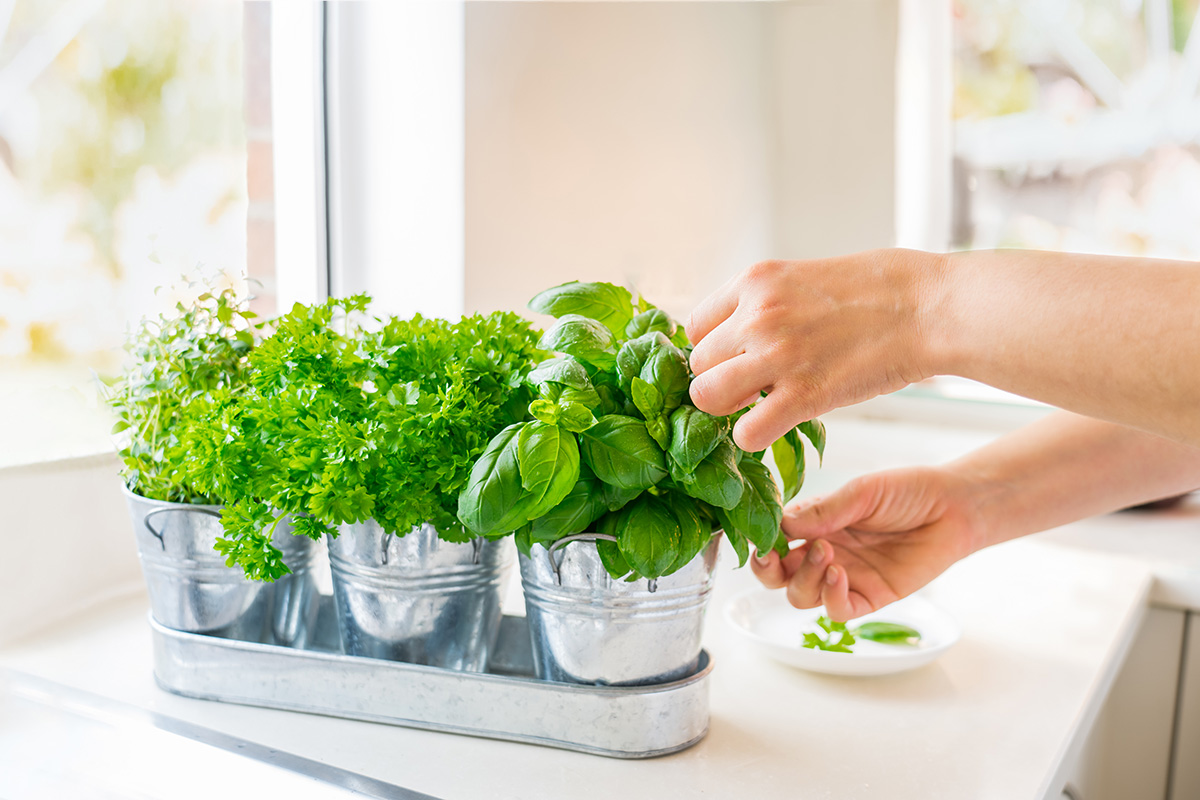
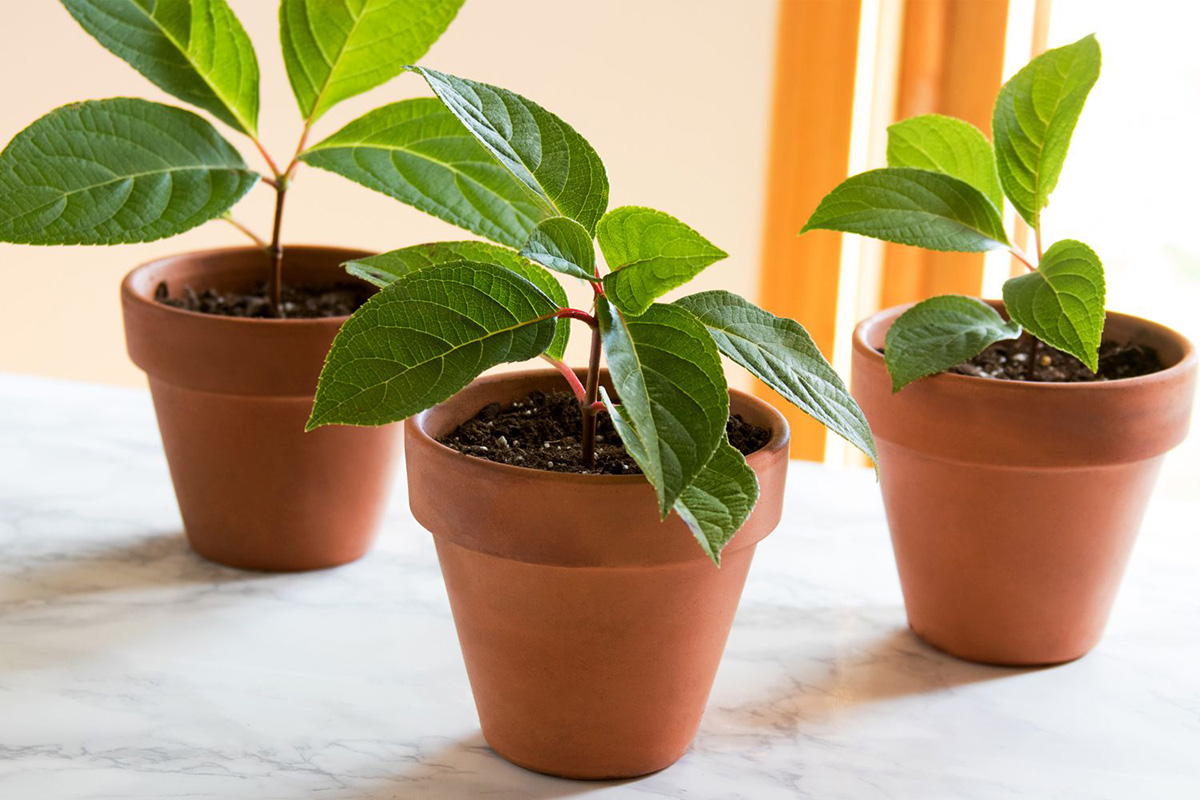
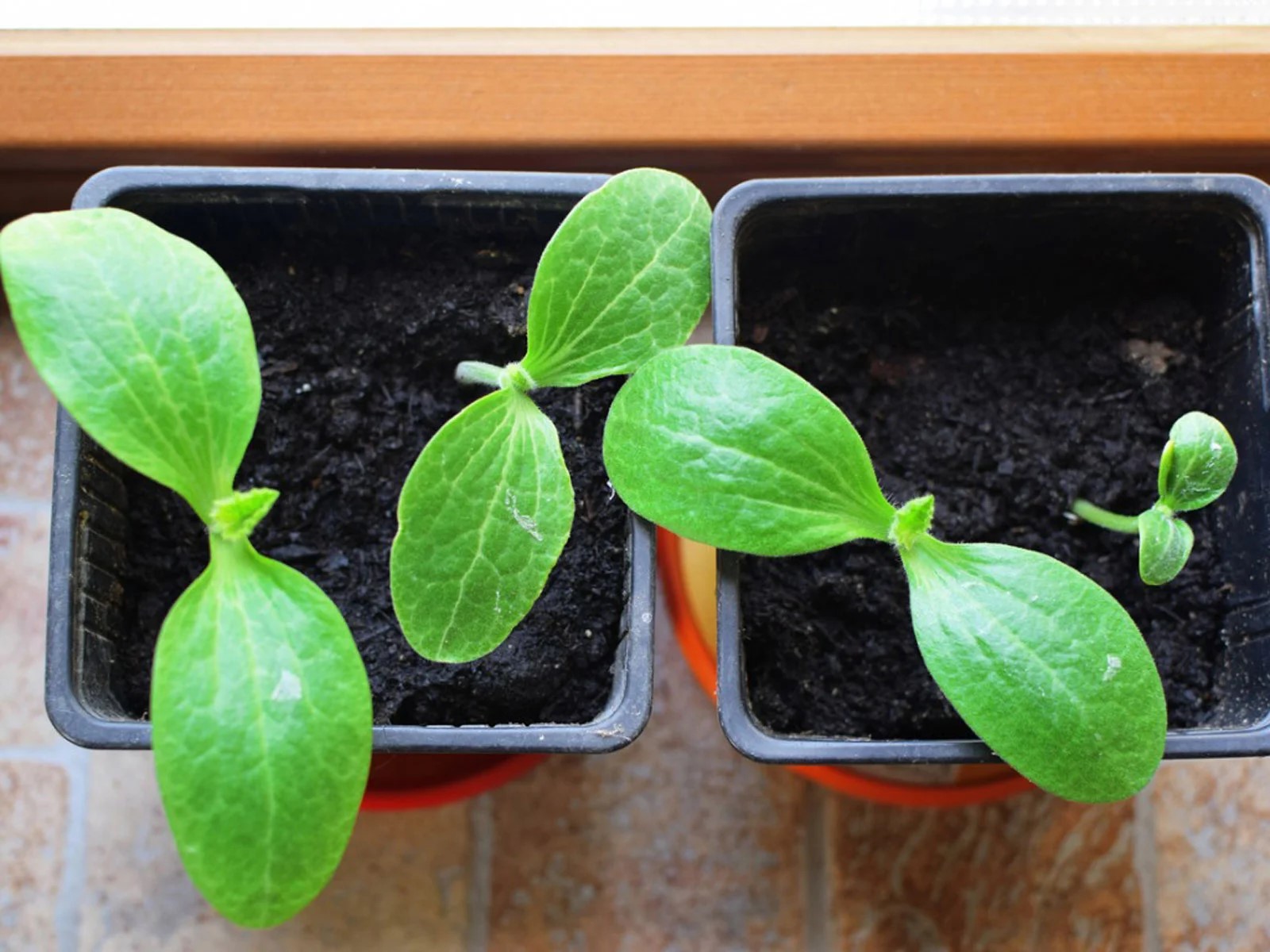

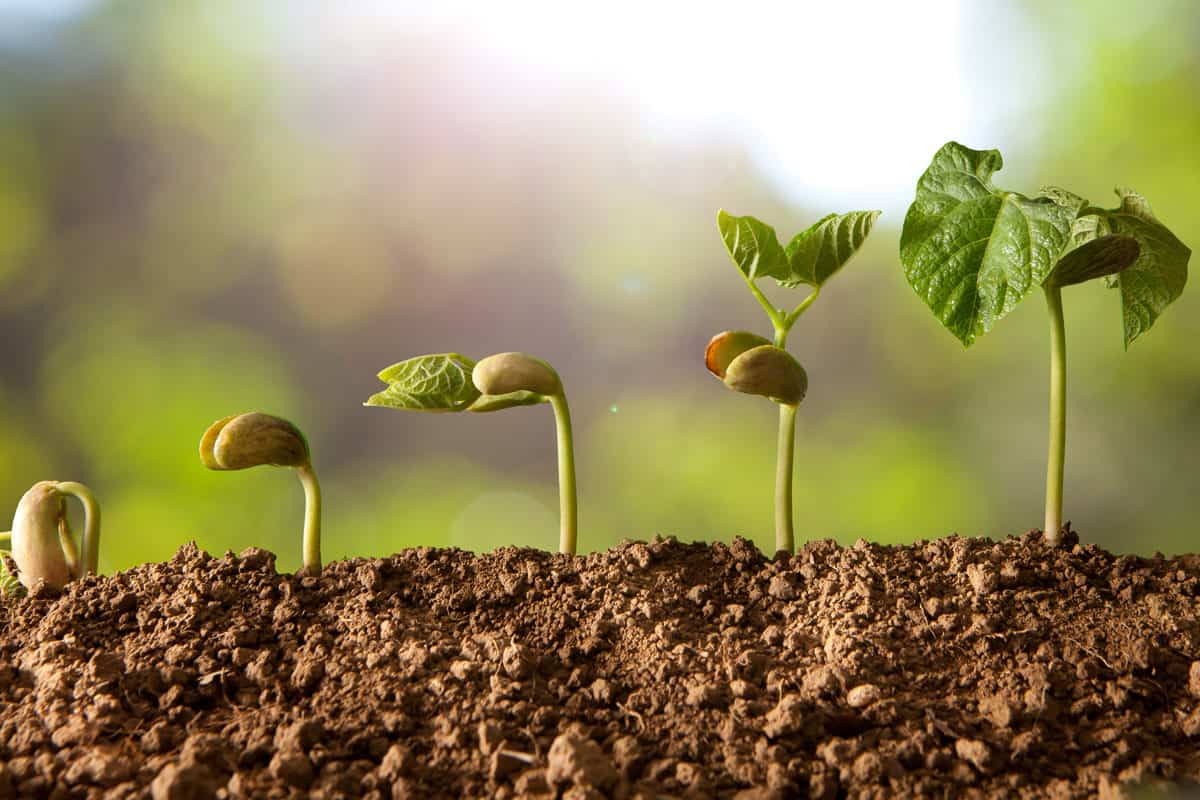

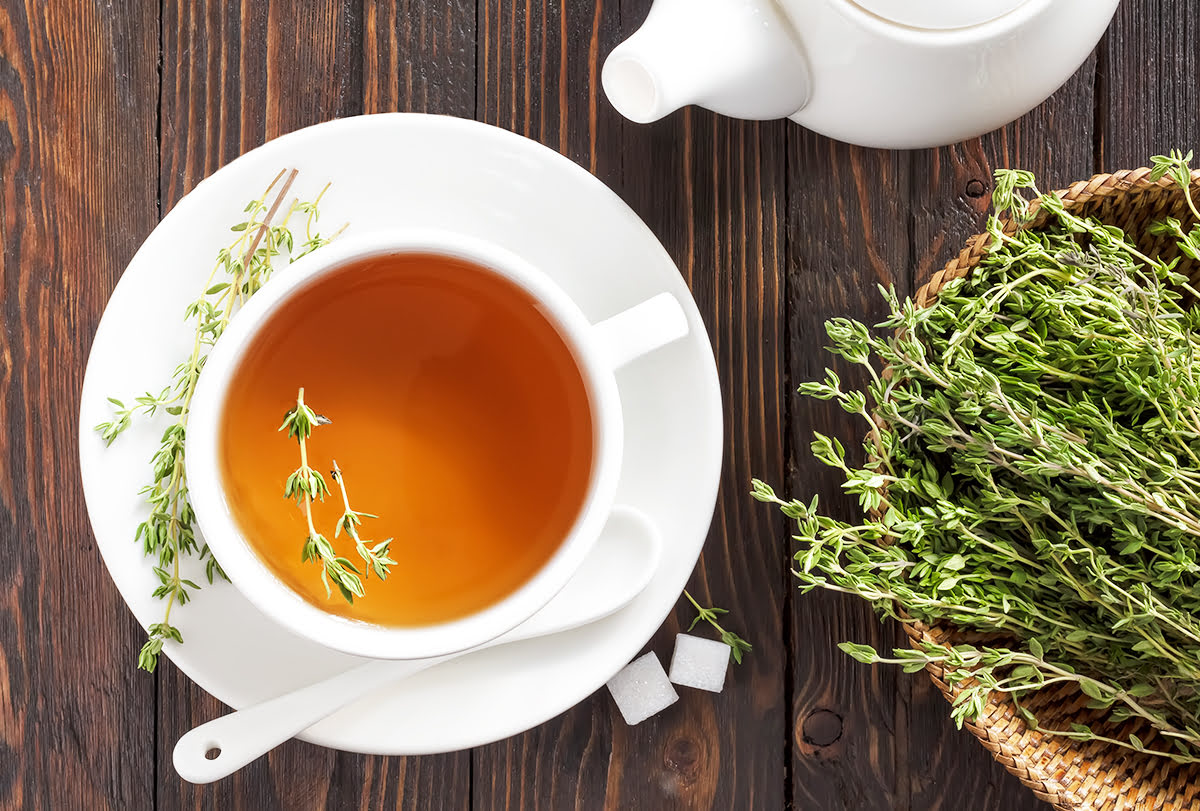
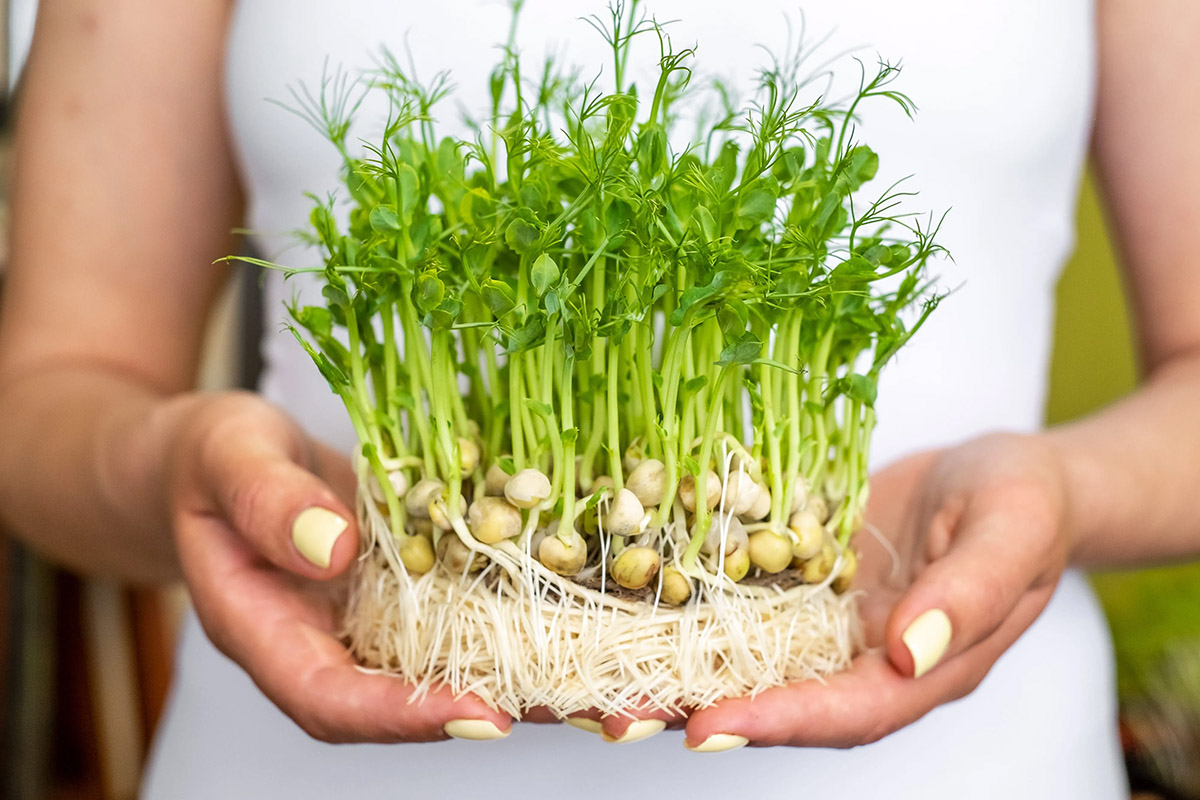
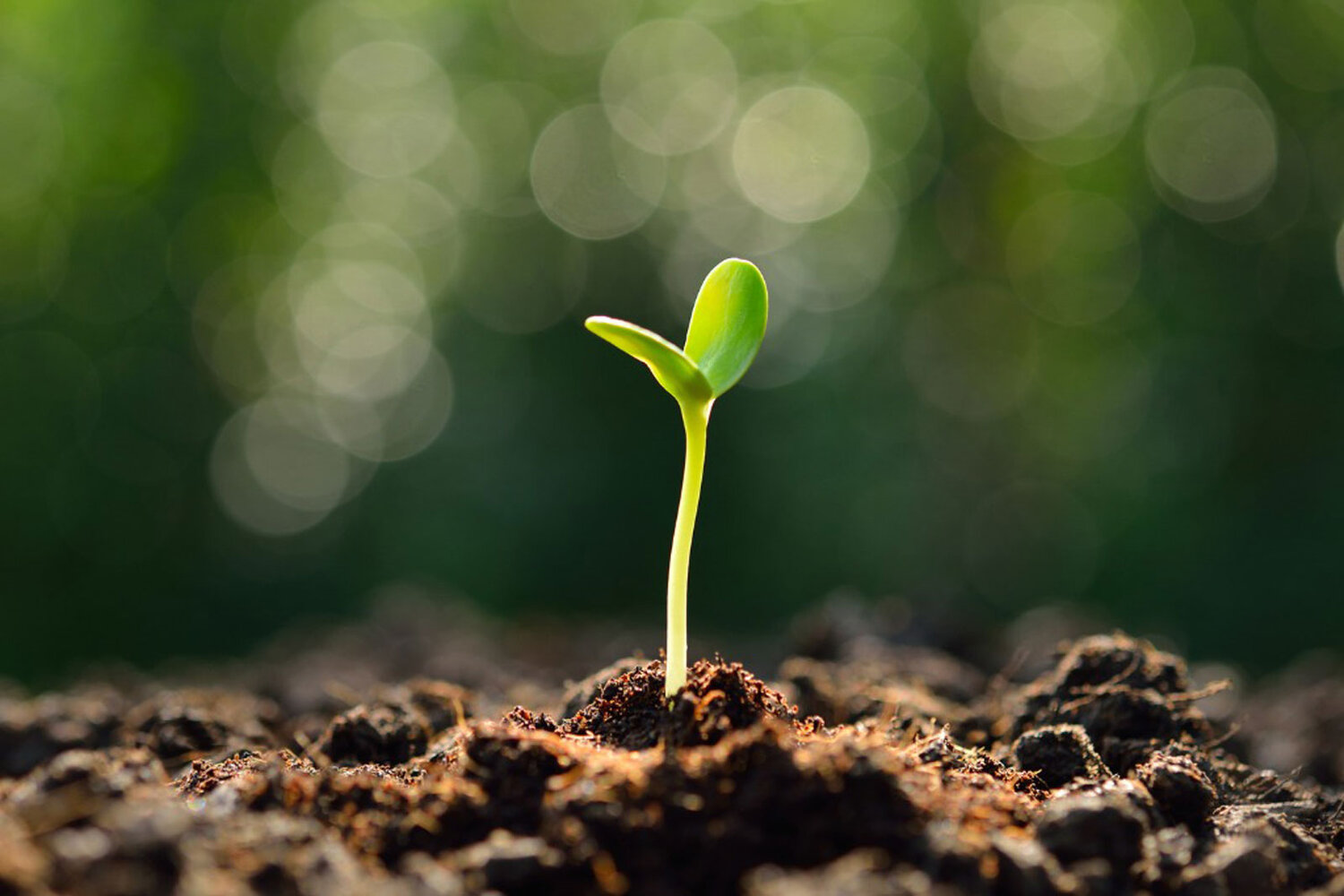
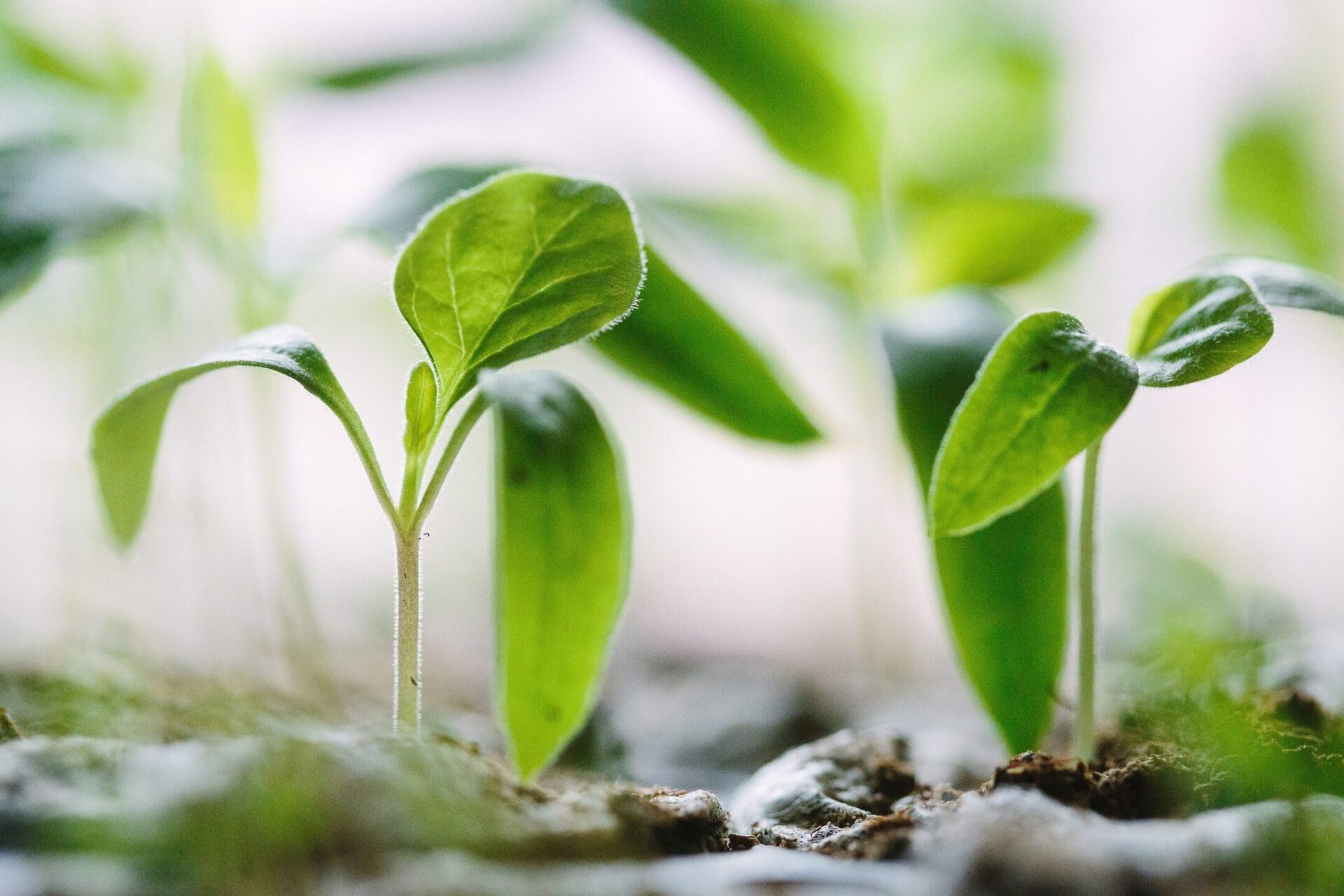
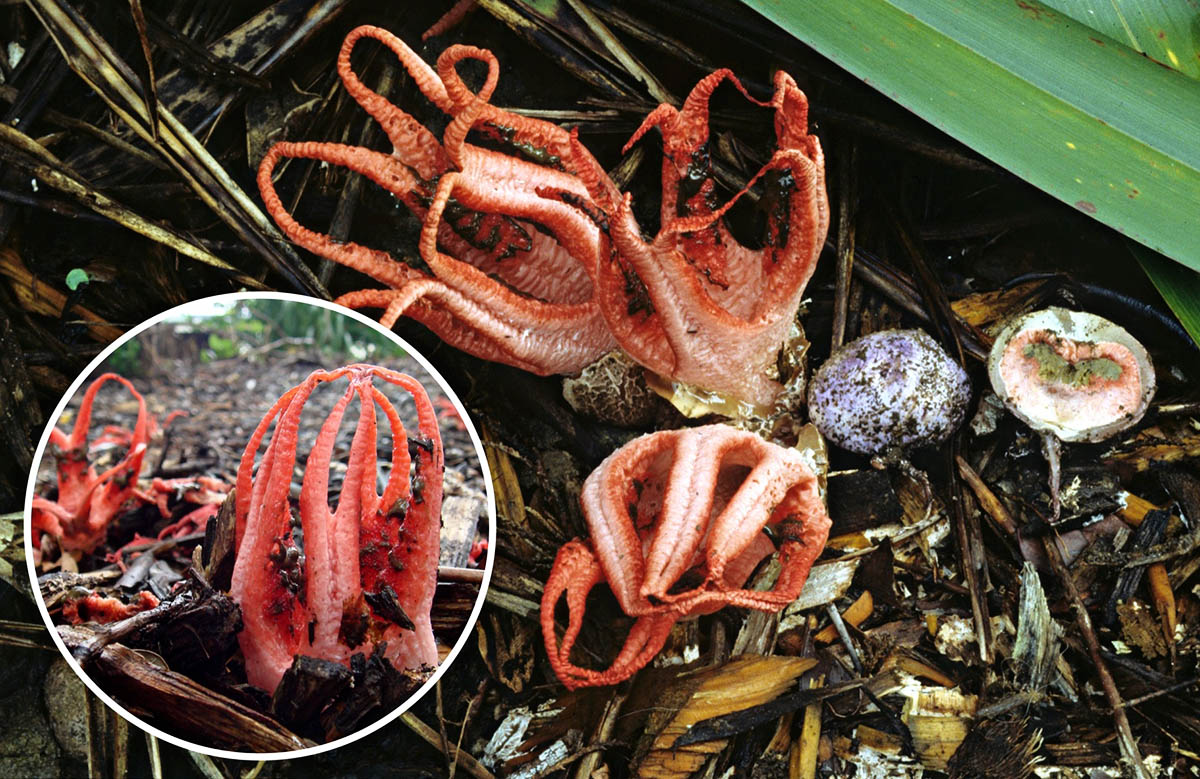
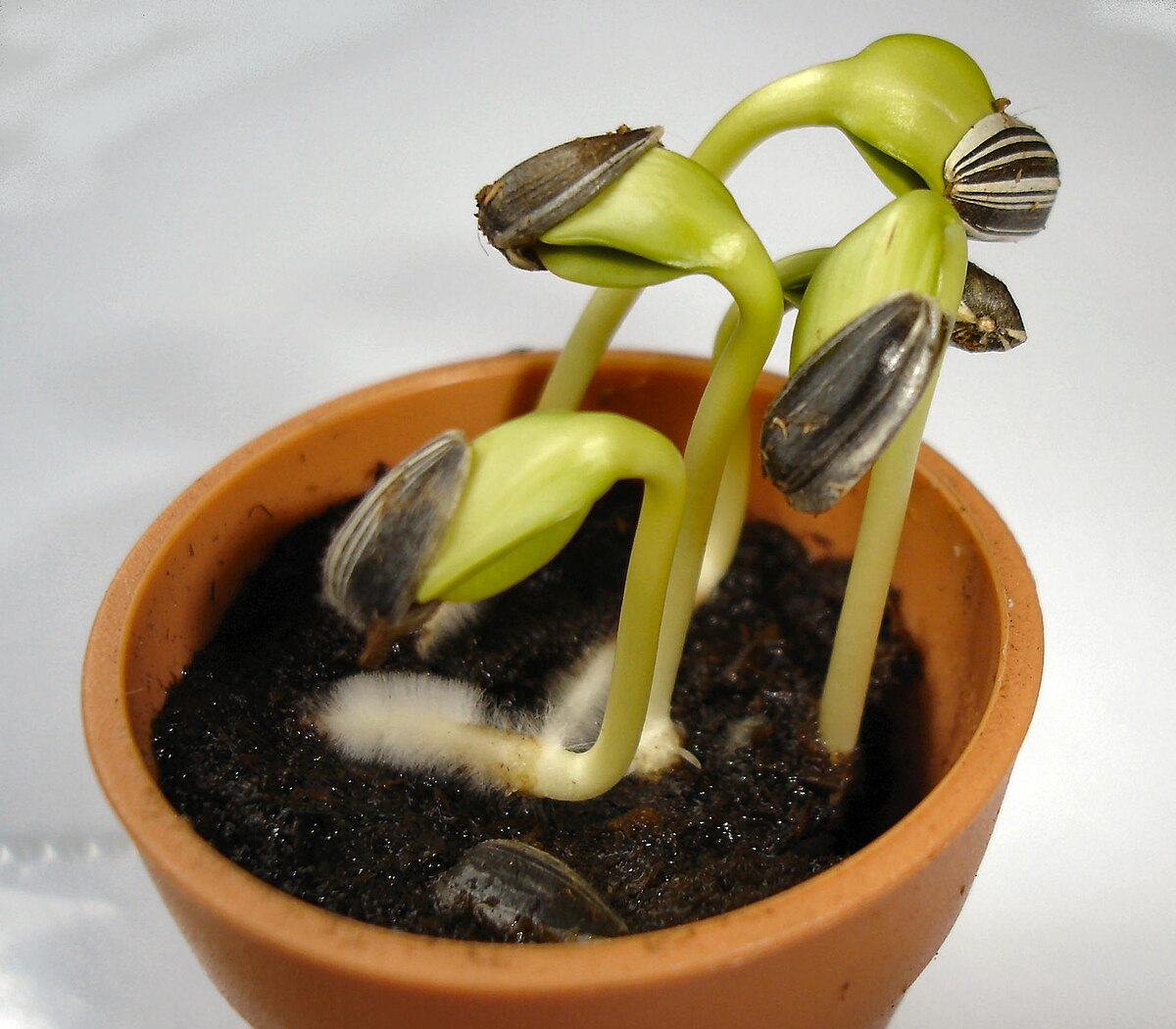
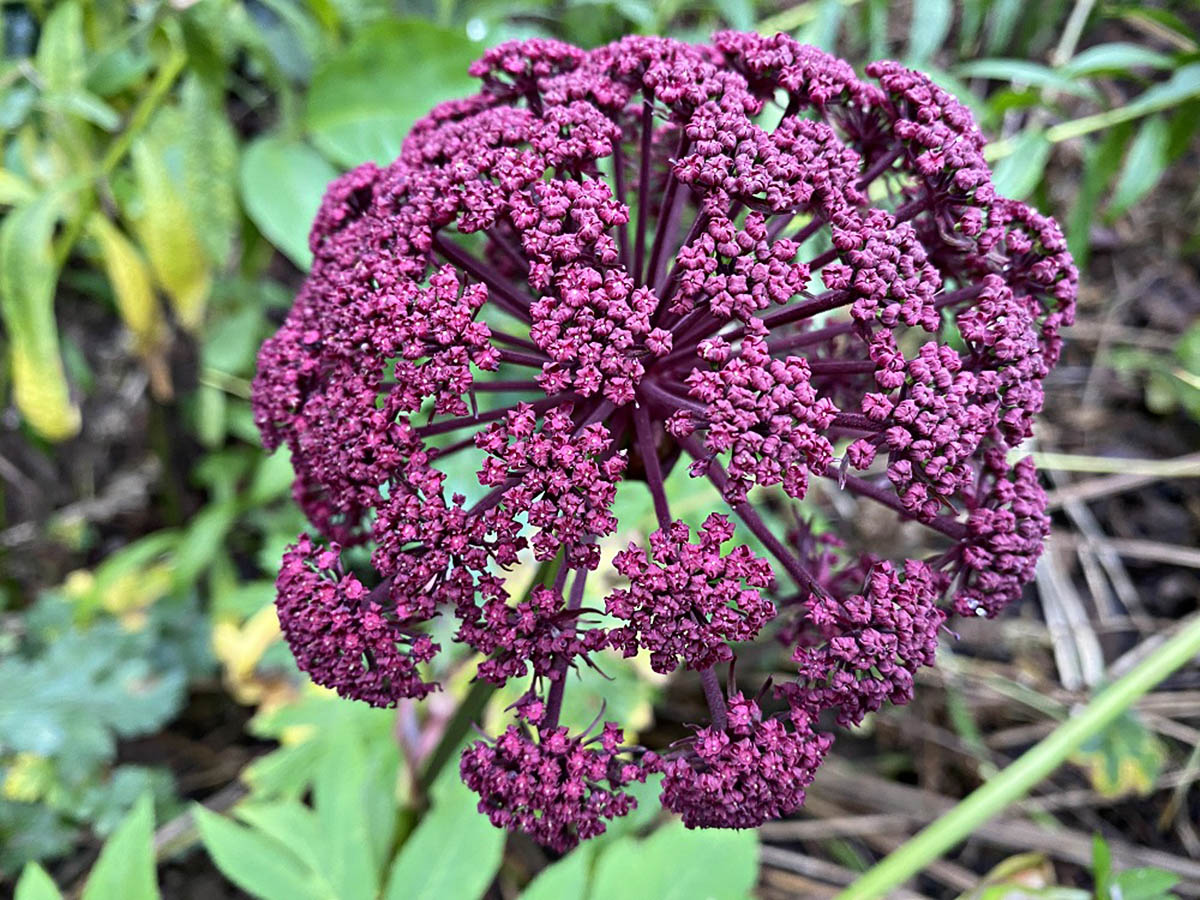


0 thoughts on “How Fast Do Tea Plants Germinate”